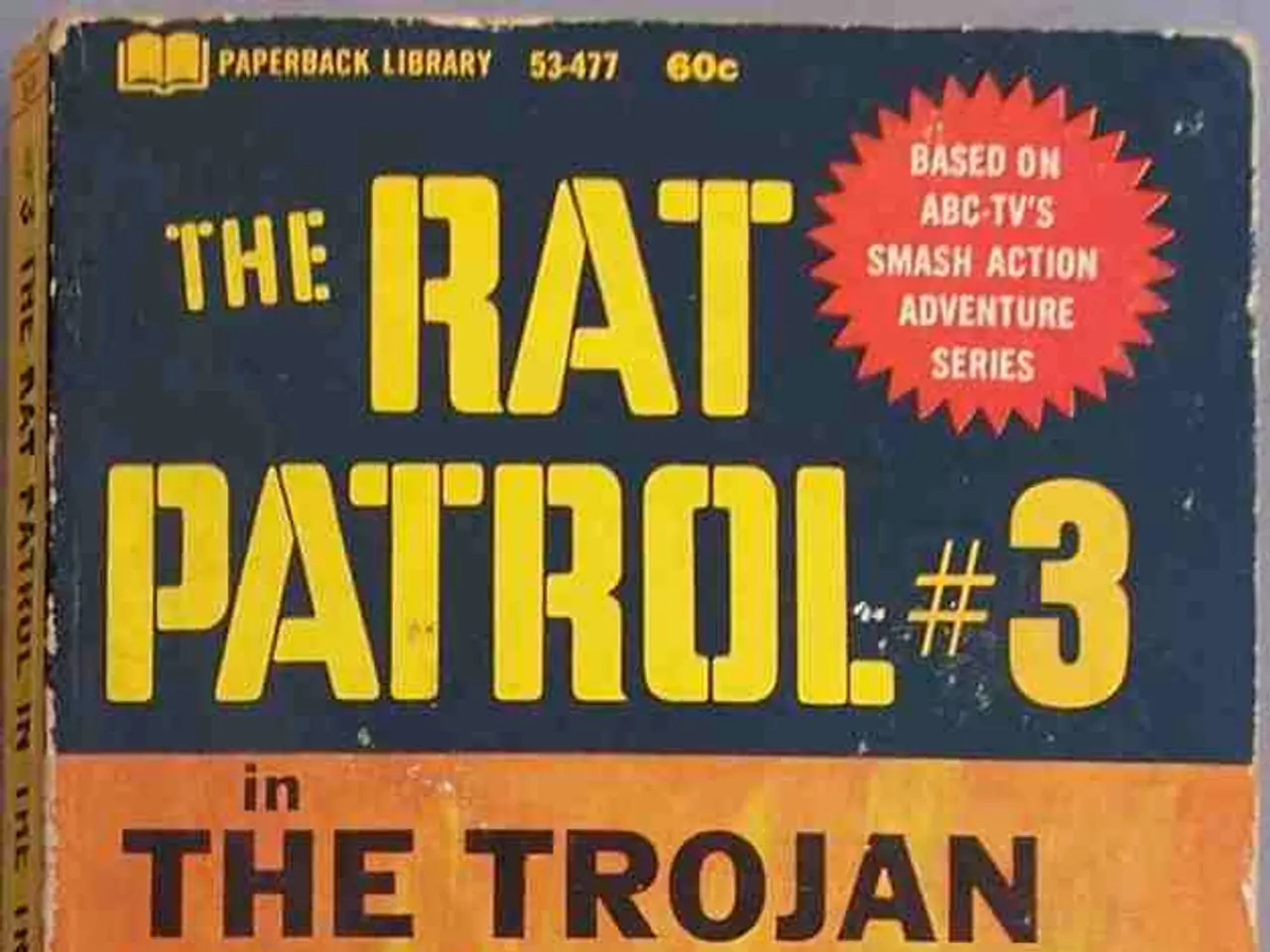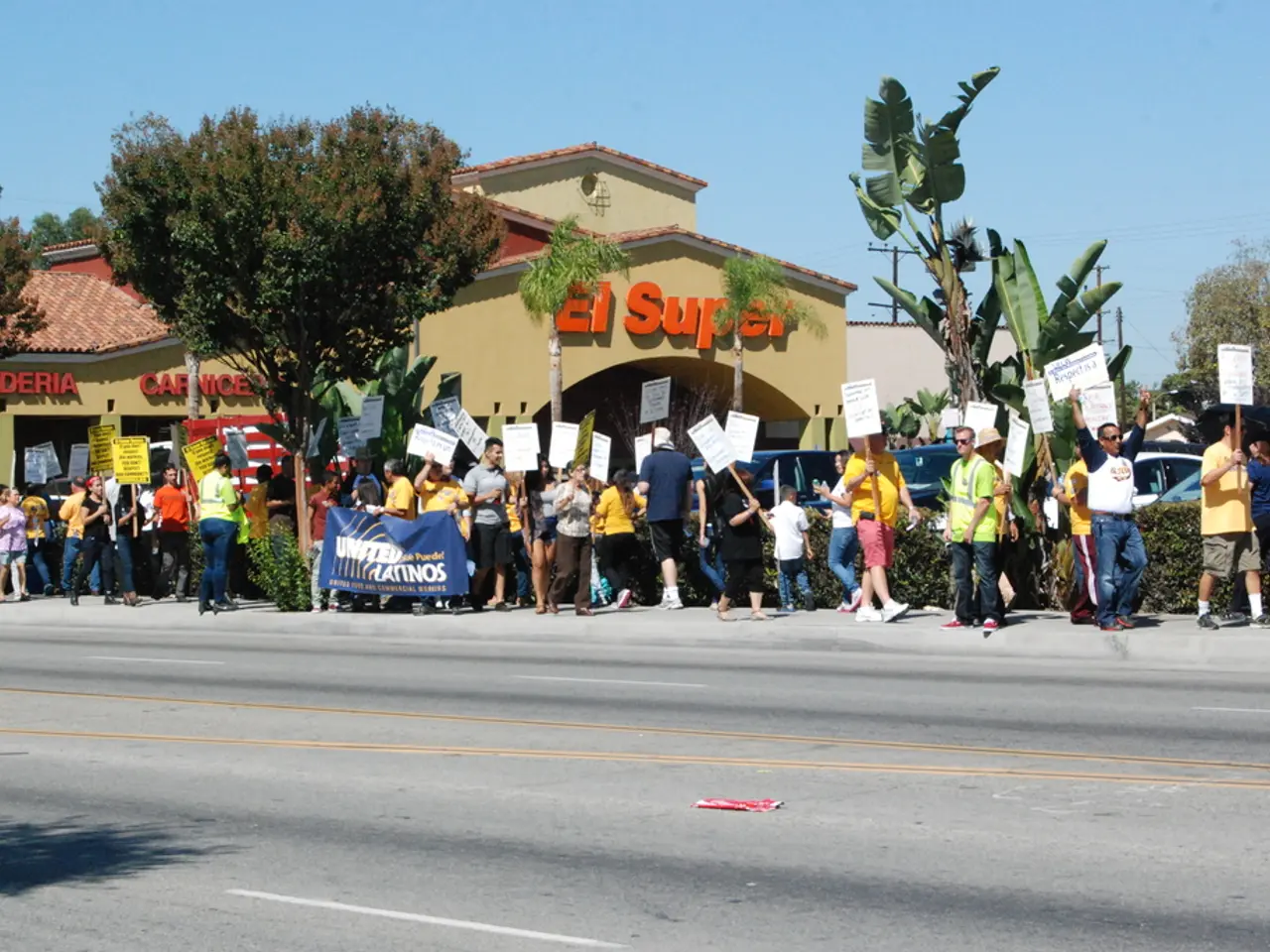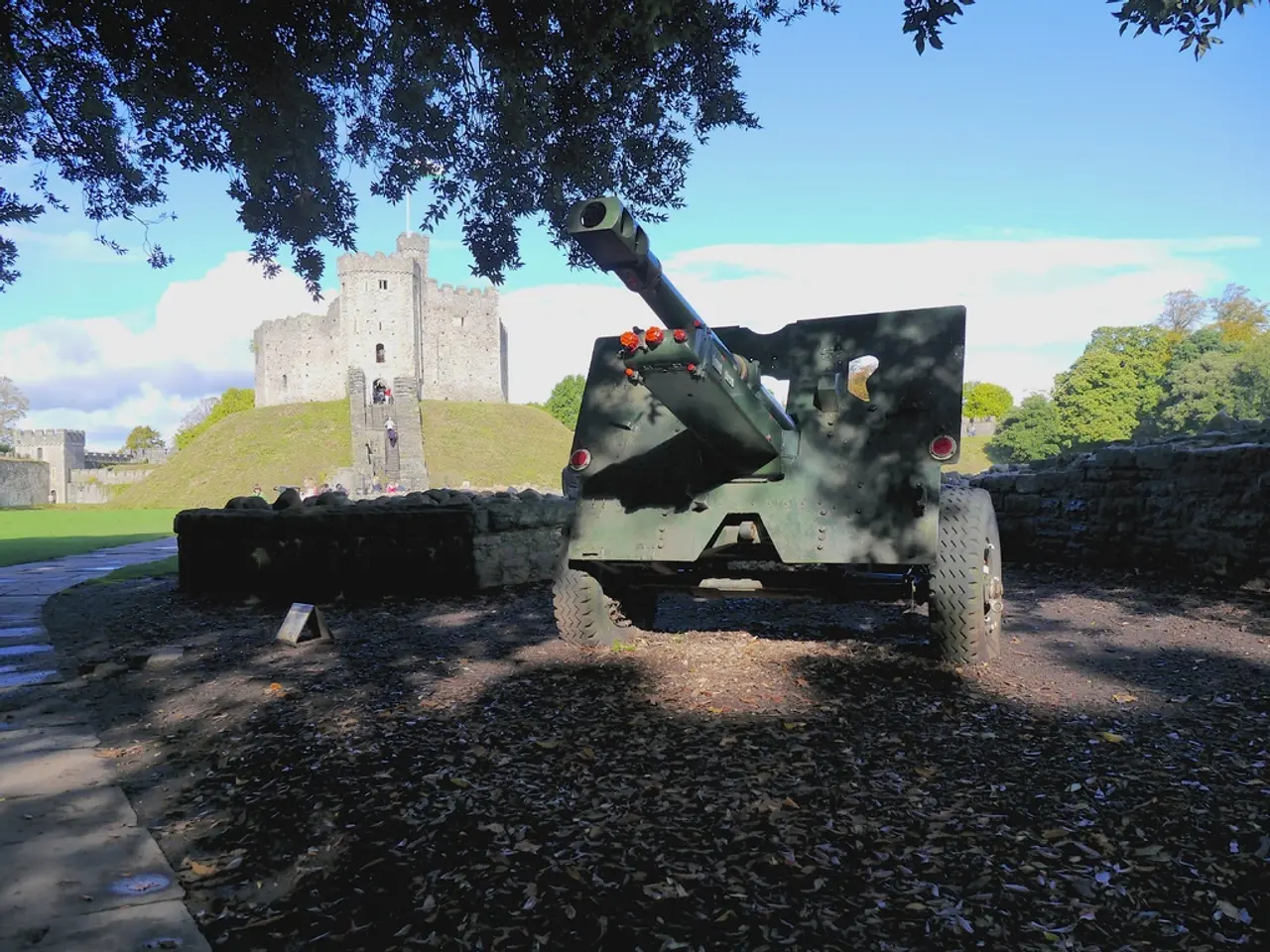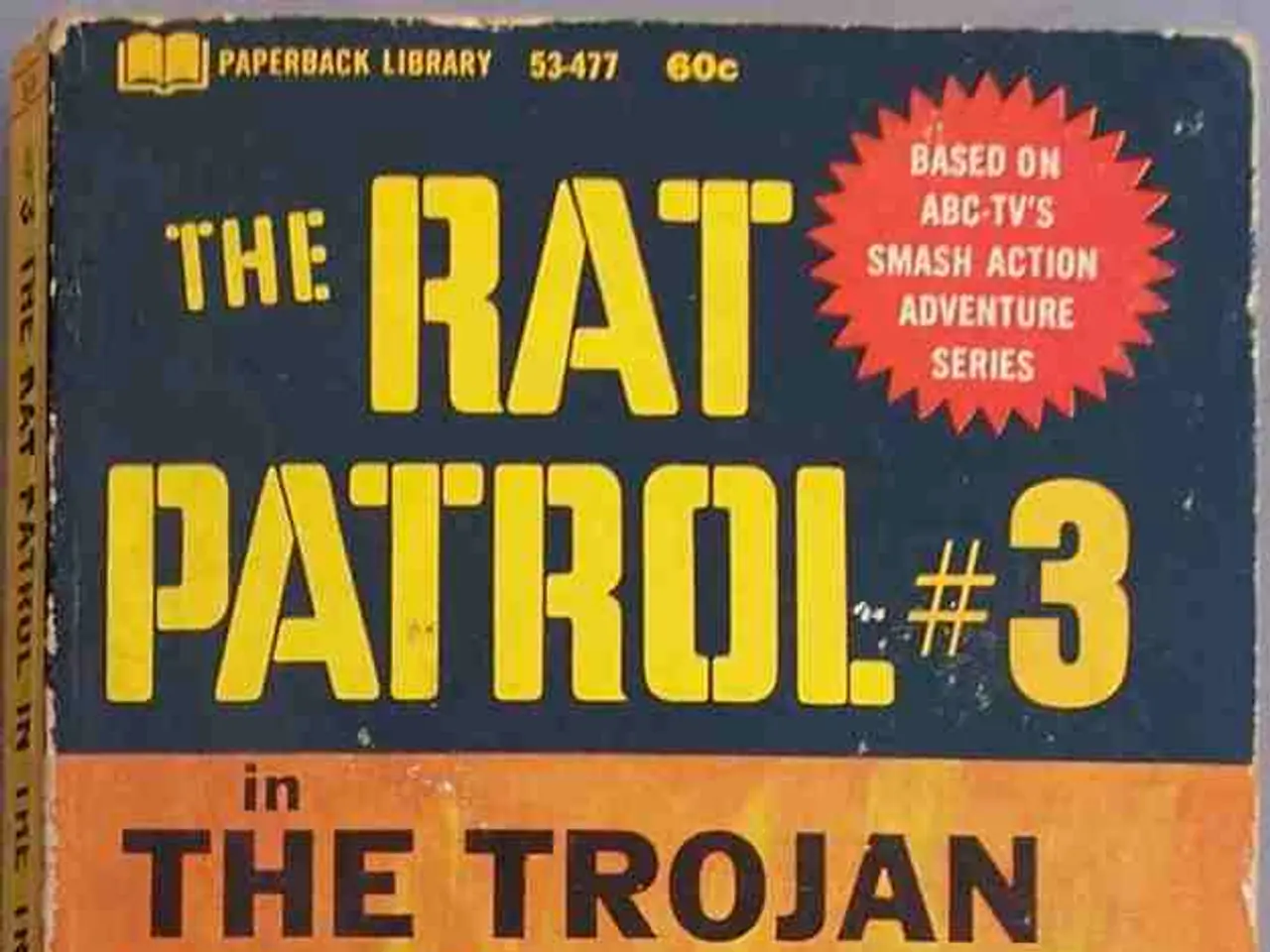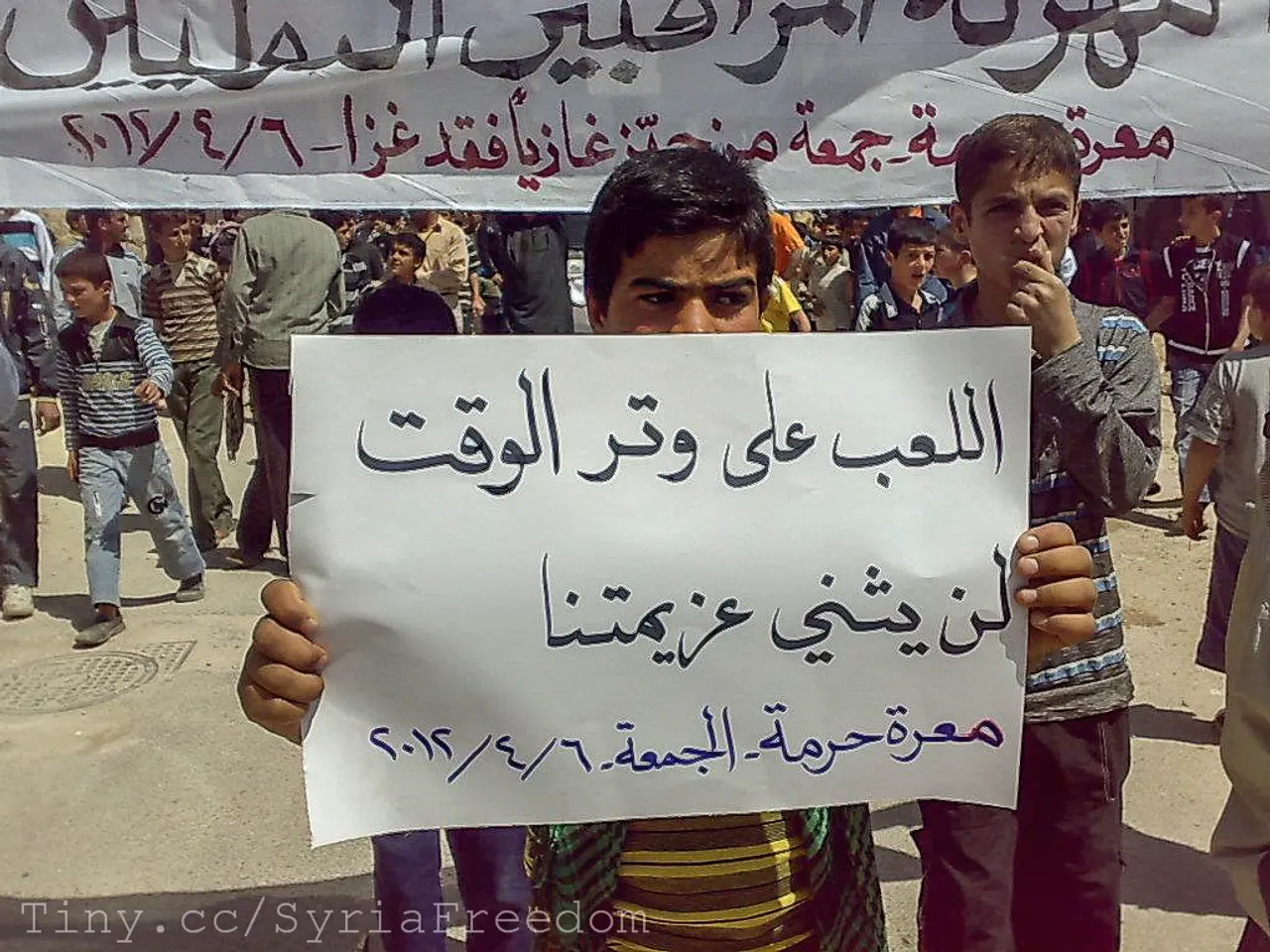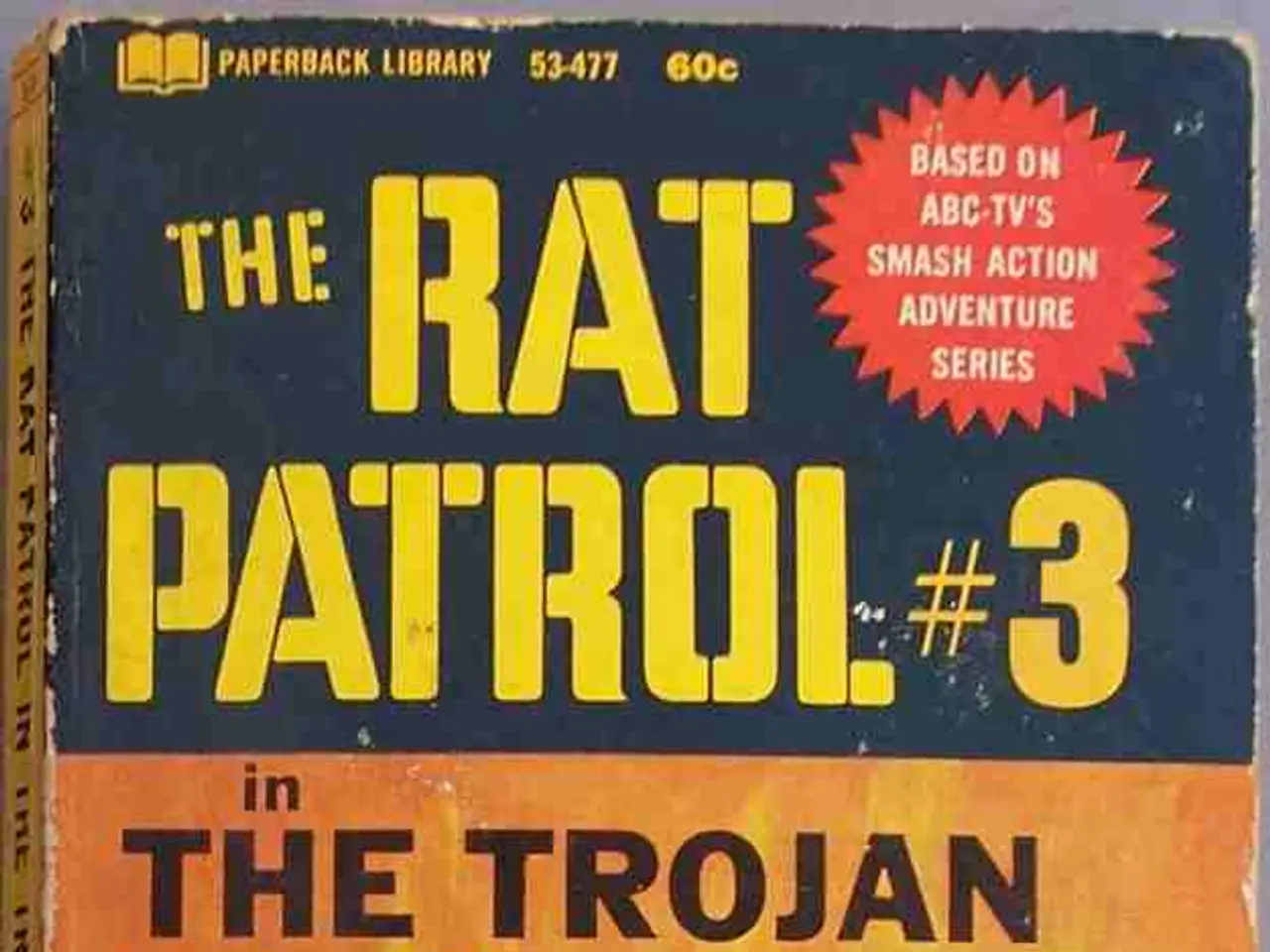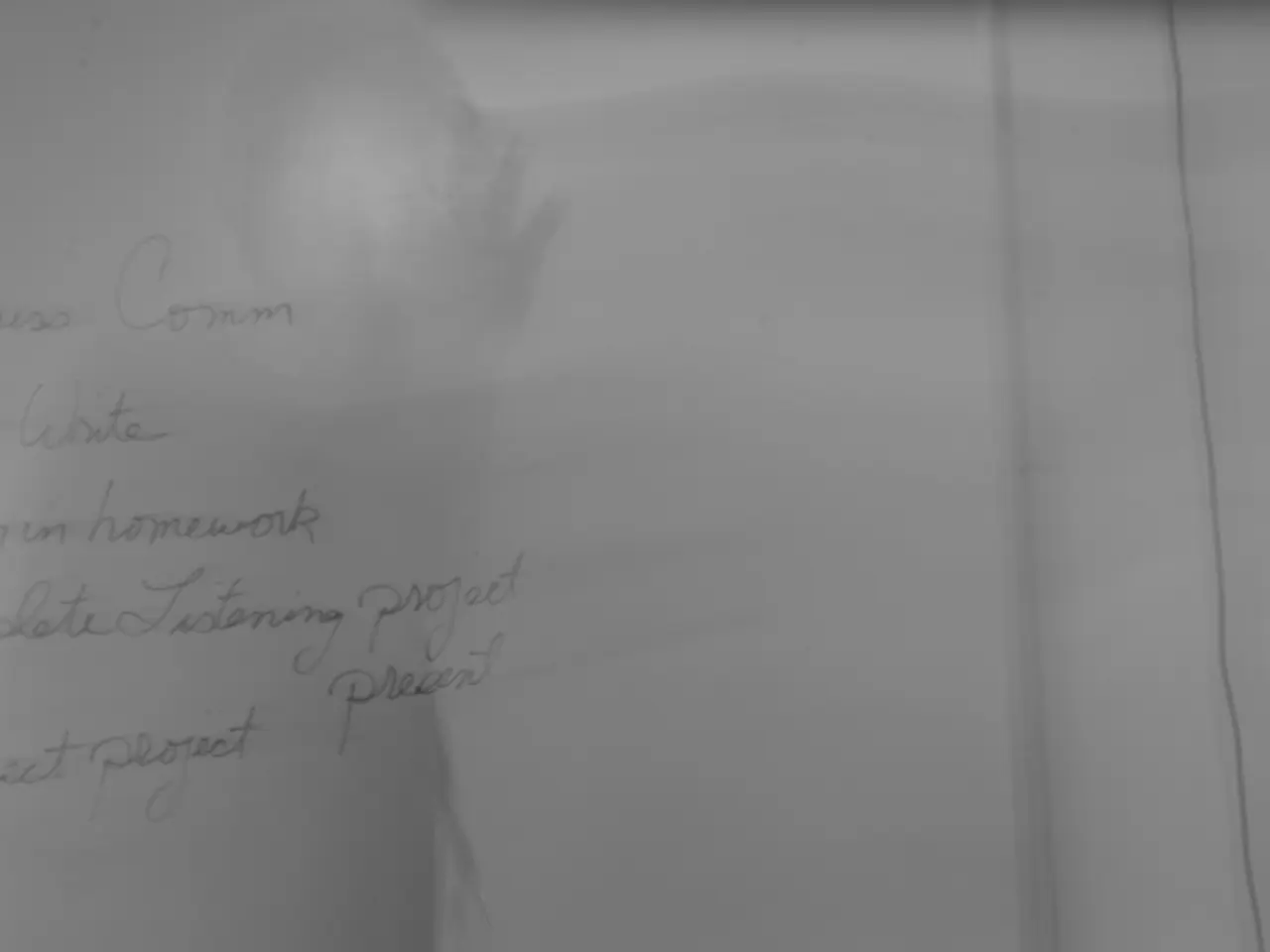Remaining impartial in the ongoing Ukraine-Russia conflict, South Africa explains its stance
South Africa has chosen to maintain a non-aligned position in the ongoing Russia-Ukraine conflict, abstaining from voting on United Nations resolutions condemning Russia's invasion in March and October. This decision, while emphasizing diplomacy and mediation, has sparked debate both domestically and internationally.
In 2020, South African exports to Russia amounted to $587 million, while Russian exports to South Africa were valued at $506 million. These economic ties, coupled with historical ties forged during the struggle against apartheid, have influenced South Africa's diplomatic calculus.
The African National Congress (ANC), South Africa's ruling party, has longstanding ties with Moscow. Many ANC leaders were educated or received basic training in the Soviet Union, some even earning Russian nicknames. This historical connection is further emphasized by the Soviet Union's support for the liberation movement, contrasting with the West, where the ANC was classified as a "terrorist organization."
South Africa's membership in BRICS, an acronym for Brazil, Russia, India, China, and South Africa, also plays a role in its diplomatic strategy. The drills, called Mosi, will involve 350 South African soldiers training alongside Russian and Chinese counterparts. South Africa defends its decision to hold these exercises, stating that all nations should have the right to train with partners of their choice.
However, this decision has not gone unnoticed. The USA has criticized South Africa's participation, with Karine Jean-Pierre, the White House press secretary, expressing concerns about any country exercising with Russia during the ongoing war in Ukraine. The Democratic Alliance, South Africa's main opposition party, has been vocal in its opposition to the government's neutral stance, calling on South Africa to side with Ukraine. John Steenhuisen, the party's leader, visited Ukraine in May for a fact-finding mission.
Russian Foreign Minister Sergey Lavrov visited South Africa and met with Naledi Pandor, South Africa's foreign minister. Lavrov stated that there is no need for any country to be concerned about the exercises, as they are clear and transparent. Pandor, in response, has urged that South Africa will not be drawn into taking sides and has criticized the West for selective condemnation of Russia.
As the drills take place off South Africa's shore from February 17 to 27, and mark the first anniversary of Moscow's invasion of Ukraine, the debate continues. South Africa emphasizes sovereignty, non-alignment, and diplomatic engagement rather than taking sides openly in the conflict. This stance, while divisive, reflects a commitment to maintaining a balanced approach in international relations.
The history of South African politics has been significantly influenced by its ties with Russia, as many ANC leaders were educated or trained in the Soviet Union and the Soviet Union supported the ANC during the struggle against apartheid.
South Africa's participation in the Mosi drills, which involve training with Russian and Chinese counterparts, has sparked controversy within the country and drawn criticism from the USA. This stance reflects South Africa's commitment to maintaining a balanced approach in international politics and diplomatic engagement rather than openly taking sides in the ongoing Russia-Ukraine conflict.
